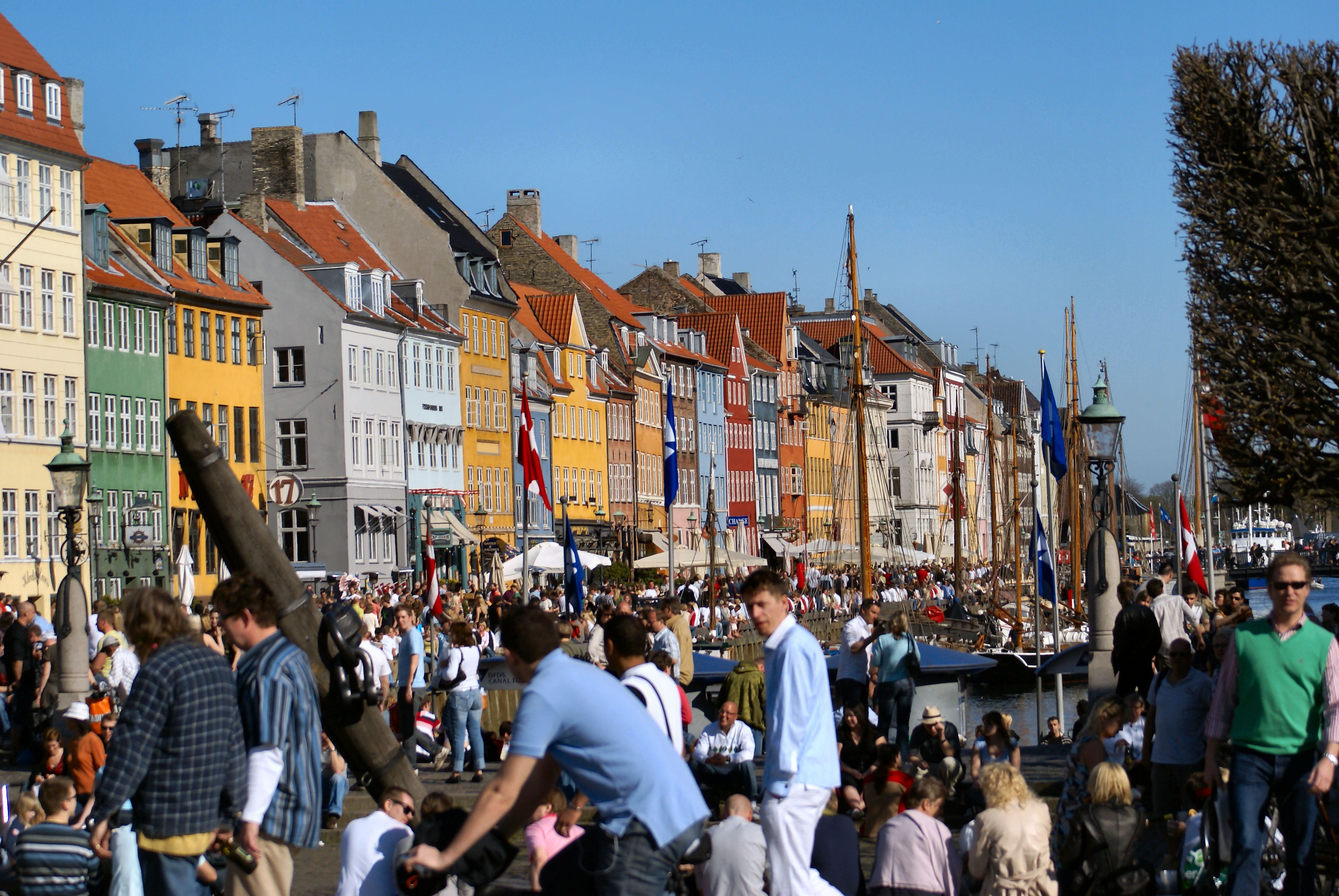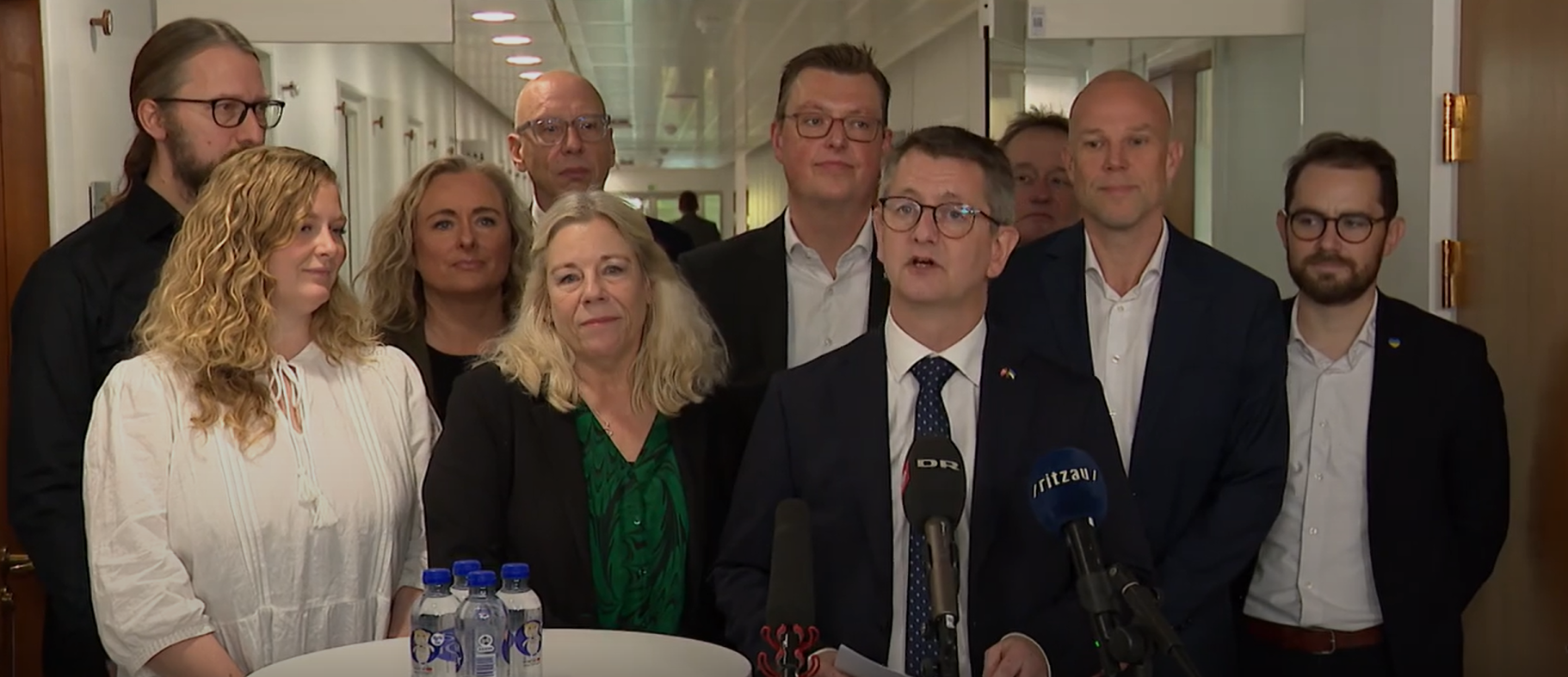The European Union ruling on state-allocated student allowance (SU) in February will cost the Danish state upwards of 200 million kroner a year, according to the Education Ministry.
The EU decision means that students from other EU countries studying in Denmark have the right to receive SU if they are employed two months before their studies begin, or if they work a minimum 10-12 hours per week while they study. If EU citizens meet these work requirements, they will be seen as 'workers' and thus cannot be denied social benefits such as SU.
According to the education minister, Morten Østergaard (Radikale), the EU ruling will change the educational landscape in Denmark.
“It means that we will have to change our practises in the area,” Østergaard told Ritzau news service.
The decision also means that there are a number of pending and previously rejected cases that will have to be re-examined.
The Education Ministry estimates that there are 342 cases that were put on hold while the EU decision was being deliberated and a further 600 or so cases that could be re-opened if the former students decide to appeal.
Østergaard believes that the EU ruling will give EU students a considerable incentive for coming to Denmark to study and he expects SU expenses to rise in the upcoming years.
“We will have to wait and see what develops. The SU reform is designed to ensure that we have an SU system that is geared to handle many more students and to provide a platform to invest in job creation,” Østergaard said. “The EU decision is a result of our membership in the union and we must adhere to it, also when the decisions go against us.”
While opposition party Venstre (V) agreed that the ruling will attract many more EU students to Denmark, it said that the 200 million kroner estimate is far too low and called for the negotiations around the SU reform to come up with a solution that would make it less financially attractive for foreign students to come to Denmark.
“The main problem is that, financially, a Romanian student will get more out of working and studying in Denmark than a Dane would,” Mads Rørvig, a V spokesperson, told DR News.
V's position was backed up by right-wing party Dansk Folkeparti (DF), which said that the decision would lead to students flocking to Denmark to receive an education that is funded by Danish taxpayers.
“According to the government’s evaluation of the ruling, students just need a 10-12 hour-per-week job, which is equal to a newspaper route, in order to receive SU,” Jens Henrik Thulesen Dahl, a DF spokesperson, explained to DR News. “It’s incredible that the EU can coerce us to pay for the education for everyone in the EU. It will undermine our SU system and force us to restructure the entire system.”
The 200 million kroner will be found in the budget agreement and will be added to the already 19 billion kroner that the Danish state spends on the SU scheme every year.











